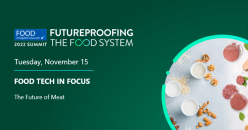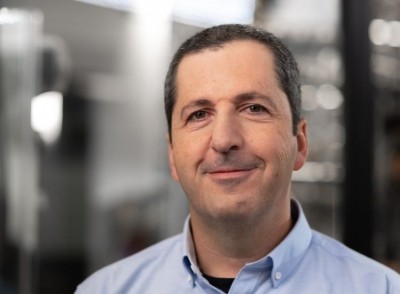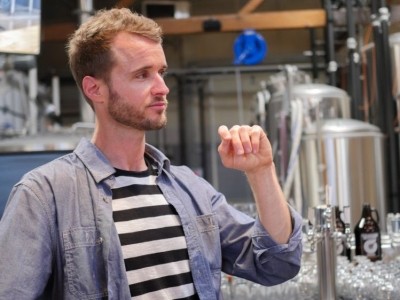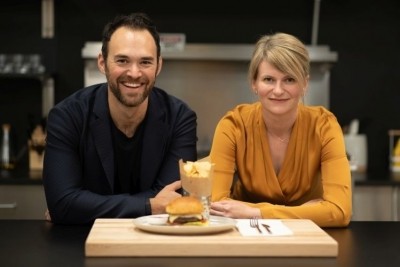Orbillion Bio teams up with Solar Biotech to scale up cultivated meat platform in the US
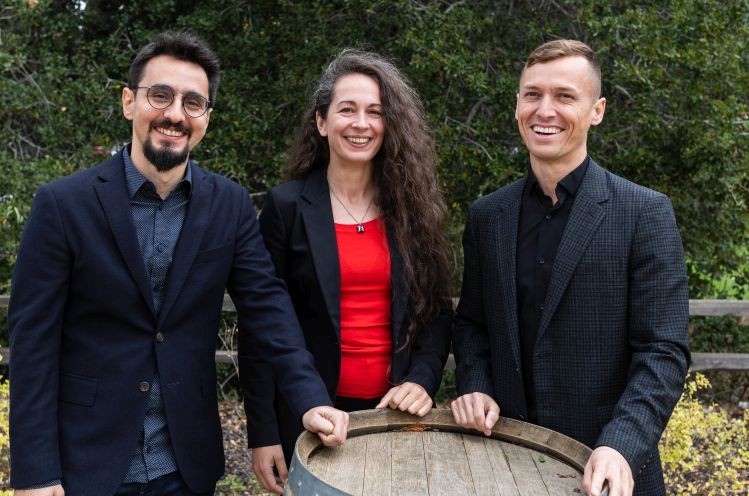
The partnership will combine Orbillion’s proprietary cell culture platform with Solar Biotech’s scale-up bioprocess development capabilities and infrastructure, AI-driven bioprocess controlling software, bio-sensing technologies, and vertically integrated engineering.
While Solar BioTech – founded by former Novozymes R&D executive Alex Berlin - is best-known for its work on scaling up microbial fermentation systems, it has also worked on mammalian cell culture, with a bio-innovation hub in Cincinnati focused on cell line development, a bioprocess development hub in Virginia focused on bench-to-commercial scale development, and an engineering hub in France, co-founder Dr Patricia Bubner told FoodNavigator-USA.
“Since the production facilities are water-neutral and fully powered by solar energy, Orbillion will be the first and only company in the space to truly achieve the emissions and sustainability goals expected of cell-cultured meats,” added Dr Bubner, who recently announced a partnership with meat processor and distributor Luiten Food to bring cultivated meats to Europe.
“Orbillion now has a clear path to US-based commercialization of its first product, cell-cultured Wagyu beef. A US launch may be first depending on the regulatory environment, in 2024, and then Europe in 2025, and then we're also looking at Asia.”
‘We have more favorable unit economics than companies that do cheaper meats’
Right now, Orbillion – which was founded in late 2019 and has a team of 17 - is scaling up to pilot scale on the west coast to get to the point where it can show regulators a consistent product, but will move up to 20,000-liter reactors with Solar Biotech on the east coast, she said.
“Because we're at such high cell densities [she claims Orbillion has developed Wagyu beef cell lines that grow in suspension without carriers and without using genetic engineering techniques], we do not need to go higher to get the yields we need to be viable and profitable. We are also making a premium product, so we have more favorable unit economics [than companies debuting with cheaper meats such as chicken].
“We know 20,000-liter bioreactors work, and anything higher hasn't really been done effectively before with mammalian cell culture.”
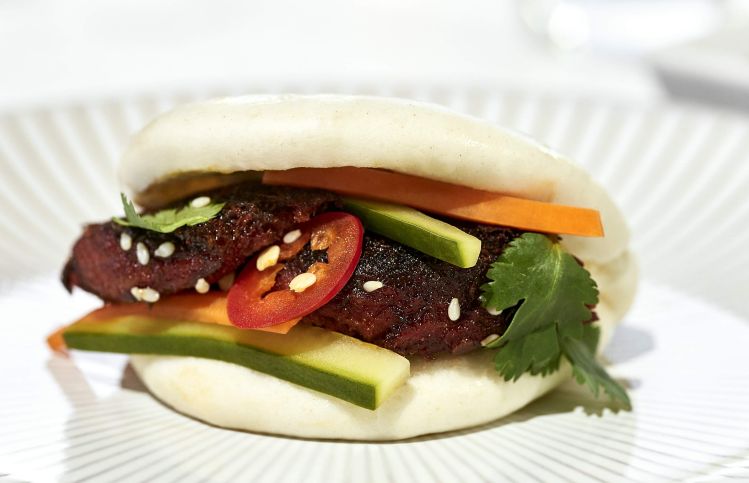
‘We have cells that grow in close contact and build out their own extracellular matrix and [secrete] a lot of collagen, but we also have edible scaffolding that we've developed in house’
According to Dr Bubner, Orbillion has developed some “really cool IP that allows us to do that differentiation stage [which would occur in a second vessel after the cell proliferation phase] faster, more efficiently, and get to the same nutritional pattern that we would expect from a beef product.”
While Orbillion Bio cannot share too many details at this stage about what it’s doing with cells at the second differentiation and maturation stage, she said, “We have cells that grow in close contact and build out their own extracellular matrix and [secrete] a lot of collagen, and we also have edible scaffolding that we've developed in house.
“But we're still refining that part of the process, as our real focus has been on getting to high cell densities and reducing the differentiation time, which is critical to bring costs down, and here we’re been very successful.”
‘We have reduced our media cost down to $2 a liter already’
As for media costs, said Dr Bubner, who has thus far raised $6.4m in seed funding and is raising money to support the firm’s next phase of growth, “We’ve developed our own serum-free media and have reduced our media cost down to $2 a liter already.
"We have been very successful in reducing the amount of compounds in there and in the future we anticipate we won't need growth factors [currently the most pricy component in any media formulation].”
Why heritage breeds?
While some high-profile players in the segment are launching with chicken (UPSIDE Foods, Believer Meats), the most widely available varieties of plants or animals are rarely the tastiest, claimed Dr Bubner, who pointed out that if you’re growing meat in a bioreactor, there may not be a meaningful difference between the cost structures of growing heritage breeds currently considered to be delicacies and the mass market breeds that currently dominate the meat supply.
And given the elevated costs of producing anything at a small scale, she said, starting with a premium product makes more sense: “Chicken is just a volume business, and nobody [in the cultivated meat space] will be at volume in the beginning.”
